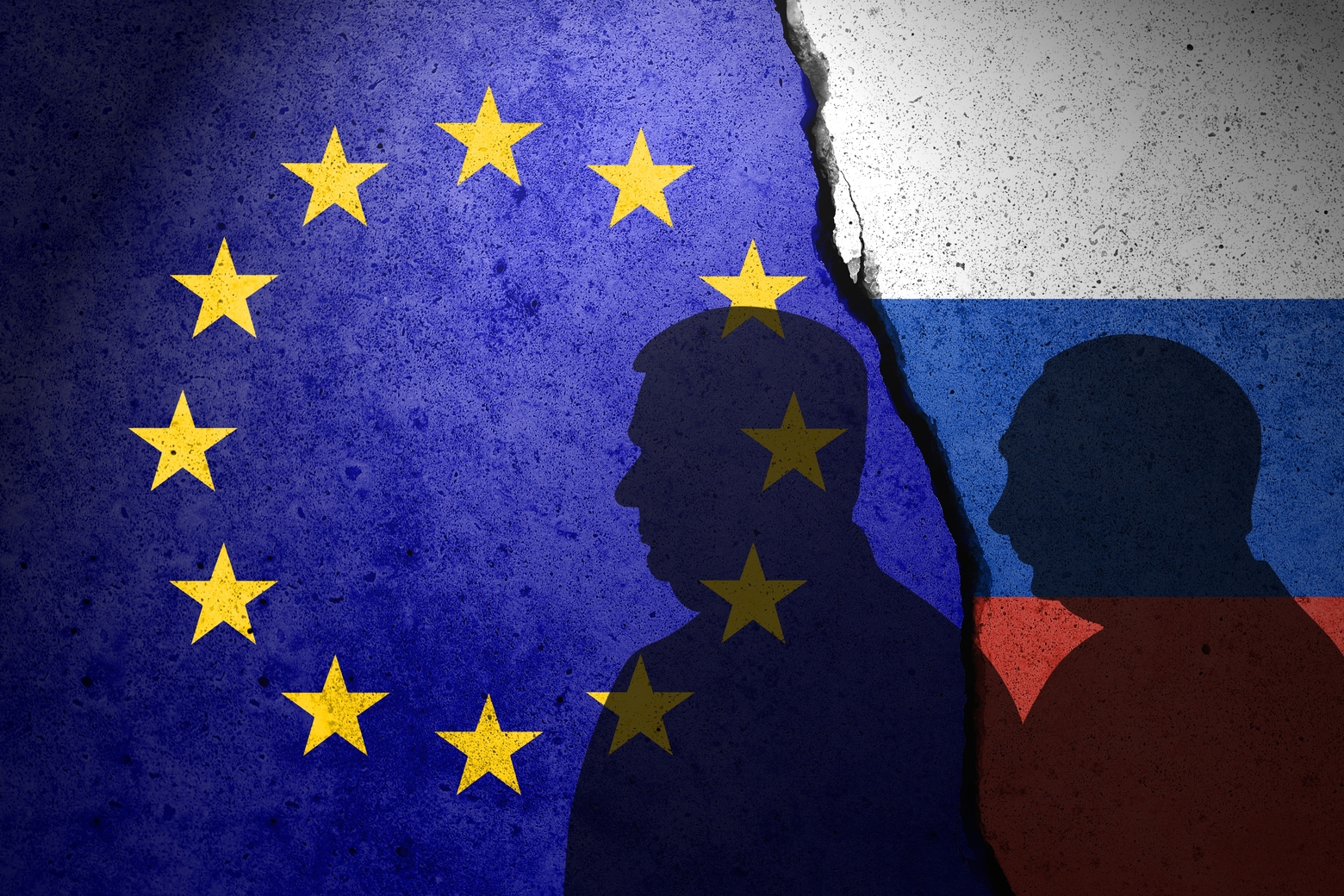Hungary’s Prime Minister Viktor Orban traveled to Moscow to meet Russian President Vladimir Putin, causing significant outrage among European Union leaders. This visit marks a controversial moment as Hungary currently holds the rotating presidency of the Council of the European Union.
A Controversial Visit Amidst EU Presidency
Prime Minister Orban’s visit to Moscow on Friday drew immediate criticism from his European counterparts. As the first EU leader to visit Moscow since April 2022, Orban’s trip was particularly contentious given Hungary’s current role in the EU presidency. The meeting focused on the Ukraine conflict and underscored Orban’s unique position within the EU and his longstanding alliance with Putin.
Discussions on Ukraine Conflict
During the meeting, Putin reiterated Russia’s openness to a political and diplomatic solution to the conflict in Ukraine but emphasized Russia’s existing terms. These terms remain unacceptable to Ukraine and its Western allies, who insist any peace deal must include the return of Ukraine’s pre-2014 territory. Orban’s press secretary, Zoltan Kovacs, highlighted the significance of this visit, noting it was the first since Russia’s full-scale invasion of Ukraine in February 2022.
Diplomatic Reactions
The European Commission President, Ursula von der Leyen, sharply criticized Orban’s decision to visit Moscow, stating, “appeasement will not stop” Putin. She stressed that “only unity and determination will pave the path to a comprehensive, just, and lasting peace in Ukraine.” Kyiv also condemned Orban’s trip, emphasizing the importance of the principle “no agreements on Ukraine without Ukraine.” Ukraine’s foreign ministry reiterated that President Volodymyr Zelensky’s peace formula remains the only realistic path to a just peace.
Orban’s Dual Diplomatic Efforts
Orban’s Moscow visit followed his trip to Kyiv earlier in the week, his first since the war began. During his visit to Kyiv, Orban urged President Zelensky to consider a ceasefire to expedite peace talks with Moscow. However, Zelensky firmly rejected this suggestion, maintaining Ukraine’s stance against negotiating under current conditions.
A Divisive Diplomatic Move
Prime Minister Orban’s visit to Moscow has sparked outrage among EU leaders and highlighted the deep divisions within Europe regarding the approach to the Ukraine conflict. While Orban continues to advocate for dialogue and a ceasefire, his actions have drawn sharp criticism from both European and Ukrainian leaders who believe in a united front against Russia’s aggression.







